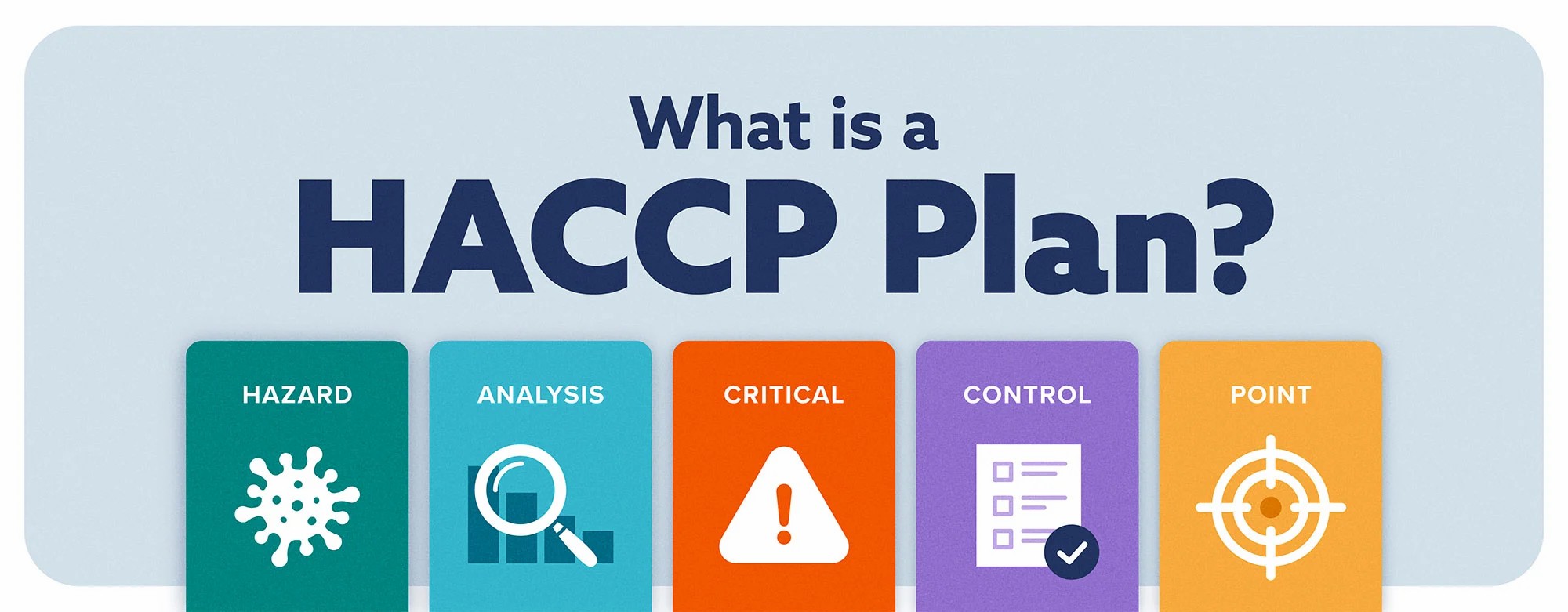


 349,500 Offered Certificates
349,500 Offered Certificates
 24/7 Online Training
24/7 Online Training
 Money Back Guarantee
Money Back Guarantee
 Fully Accredited Courses
Fully Accredited Courses

Created at: 26-02-2025 14:14
In the bustling food landscape of Ireland, from the vibrant streets of Dublin to the charming shores of Galway, the commitment to food safety is paramount. For restaurant owners, catering professionals, and food manufacturers, understanding and implementing HACCP (Hazard Analysis and Critical Control Points) is not just beneficial; it is critical. This comprehensive guide delves into the importance of HACCP training, the process of obtaining HACCP certification, and how it ensures compliance with both Irish and EU food safety regulations.
HACCP is a preventive approach to food safety that identifies and controls potential hazards throughout the food production process. Since contaminants can occur at any stage—from delivery to preparation—the rigorous application of HACCP principles is essential in safeguarding public health. Effective HACCP training equips food businesses with the knowledge and tools required to establish a strong food safety management system.
At its core, HACCP is built on seven foundational principles:
Implementing these principles is a proactive measure against food safety risks—making HACCP training indispensable for any food business in Ireland.
Compliance with food safety laws is not optional; it is a necessity for businesses eager to maintain their reputations and protect their clientele. In Ireland, the Food Safety Authority of Ireland (FSAI) mandates that food businesses adhere to HACCP principles. Obtaining HACCP certification verifies that a business meets these stringent safety standards, thus enhancing customer trust and promoting operational excellence.
The benefits of HACCP extend far beyond compliance:
Ready to embark on the path to HACCP certification? Follow these steps:
With today's fast-paced environment, many businesses are opting for online HACCP training courses over traditional classroom settings. Here’s why:
While implementing HACCP can significantly improve food safety, common pitfalls can compromise effectiveness:
Proper HACCP training not only enhances workplace hygiene but also builds customer trust. When customers know that a business prioritizes safety and quality, they are more likely to return. HACCP training instills discipline and consistency that reflects in every aspect of service, from food preparation to serving.
In the competitive food landscape of Ireland, ensuring food safety through HACCP training is indispensable. Whether you own a restaurant in Cork, manage a catering service in Dublin, or run a retail food outlet in Galway, HACCP certification sets the foundation for compliance and customer confidence.
Don’t wait—enroll in our comprehensive HACCP training course today and take the first step towards securing your business's success and safety. For more inquiries, reach out to us at [email protected].